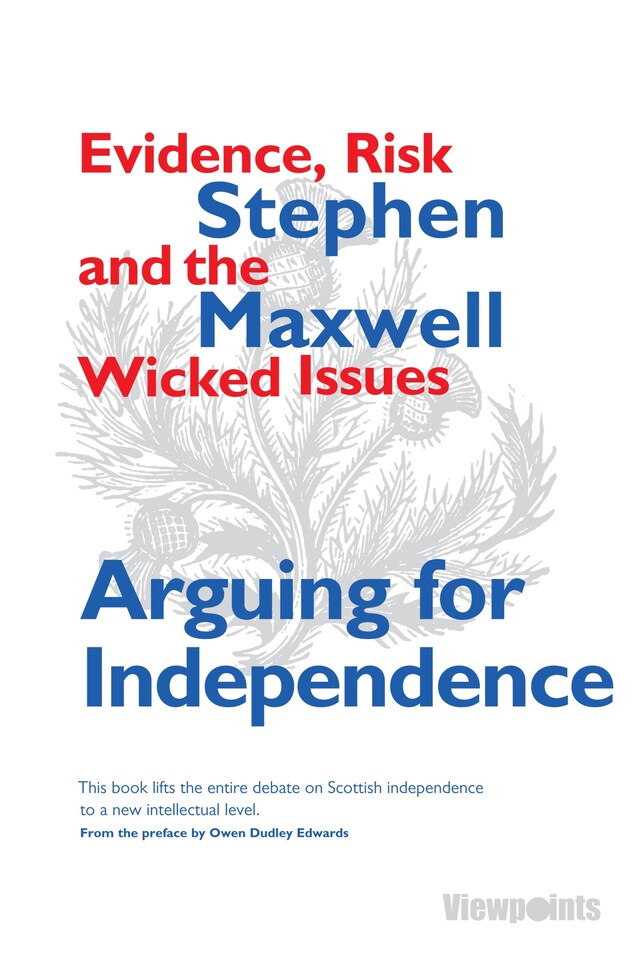
Arguing for Independence
Evidence, Risk and the Wicked Issues
Beschrijving van het boek
Shortlisted for 'Polemic of the Year' at The Paddy Power/Total Politics Political Book Awards 2013!Following an introductory chapter exploring why political argument deals in probability and plausibility across interdependent areas of social activity not certainty in individual areas, this book offers a case for independence under six main headings - the democratic case, the economic case, the social case, the international case, the cultural case and the environmental case. Under each heading, the case is assessed against both the supportive evidence and the hostile evidence, from a variety of sources, concluding with a judgement of where the balance of the evidence points. The book concludes with a selection of populist objections to independence answered by summary rebuttals from the independence file. Reviews Maxwell has done his homework assiduously. The key historical, social science and political sources on the subject have been marshalled with skill and to good effect... The author writes in coherent and lucid prose so even complex economic arguments can be reaily understood and absorbed. SUNDAY HERALD This is a book of profound thought, intelligence and wit. To my mind it is the best book on the need for Scottish Independence and it certainly should be read and cherished by all of us who hope to contribute to the campaign. Stephen stimulated many of us for years, but this is his final and most powerful work. As Owen Dudley Edwards says in his Preface: "This book lifts the entire debate on Scottish independence to a new intellectual level. PAUL HENDERSON SCOTT Back Cover Independence: a nation's right to effective government by its people or for its people Evidence: interpretation of facts Risk: likelihood that outcomes will not be as predicted Wicked issues: problems perceived to be resistant to resolution What sorts of arguments and evidence should carry the most wight in assessing the case for and against Scottish independence? Given the complexity of the question and the range of the possible consequences, can either side in the argument protend to certainty, or must we simply be satisfied with probability or even plausibility? Are there criteria for sifting the competing claims and counter-claims and arriving at a rational decision on Scotland's future? In Arguing for Independence author Stephen Maxwell opens with a chapter on The Ways We Argue before exploring the strengths and weaknesses of the arguments for independence under six main headings: the democratic case the economic case the social case the international case the cultural case the environmental case. He also provides his own concise answers to some of the most frequent 'Aye but' responses to the case for independence. By offering an assessment of the case for independence across all its dimensions, Arguing for Independence fills a longstanding gap in Scotland's political bookshelf as we enter a new and critical phase in the debate on Scotland's political future.


